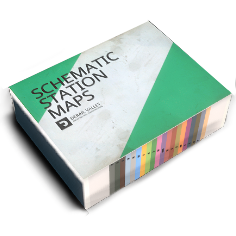Biohazardous: Difference between revisions
Appearance
importing old manual |
No edit summary |
||
| Line 2: | Line 2: | ||
<translate> | <translate> | ||
<!--T:1--> | <!--T:1--> | ||
Biohazardous materials are those that constitute a hazard to living organisms if exposed to. Leaks may lead to deaths, uncontrolled spreading of infectious diseases and even pandemics. | Biohazardous {{pll|HAZMAT Cargo|materials}} are those that constitute a hazard to living organisms if exposed to. {{pll|Body Damage|Leaks}} may lead to deaths, uncontrolled spreading of infectious diseases and even pandemics. | ||
<!--T:2--> | <!--T:2--> | ||
Due to the high level of risk involved, biohazardous cargo is usually handled by the military. | Due to the high level of risk involved, biohazardous cargo is usually handled by the {{pll|Military Licenses|military}}. | ||
</translate> | </translate> | ||
{{See also|Radioactive|HAZMAT Tier 1|HAZMAT Tier 2|HAZMAT Cargo|Military Licenses}} | {{See also|Radioactive|HAZMAT Tier 1|HAZMAT Tier 2|HAZMAT Cargo|Military Licenses}} | ||
[[Category:HAZMAT Tier 3|1]] | [[Category:HAZMAT Tier 3|1]] | ||
Revision as of 15:35, 6 March 2025
Biohazardous materials are those that constitute a hazard to living organisms if exposed to. Leaks may lead to deaths, uncontrolled spreading of infectious diseases and even pandemics.
Due to the high level of risk involved, biohazardous cargo is usually handled by the military.
See also: Radioactive, HAZMAT Tier 1, HAZMAT Tier 2, HAZMAT Cargo, Military Licenses
